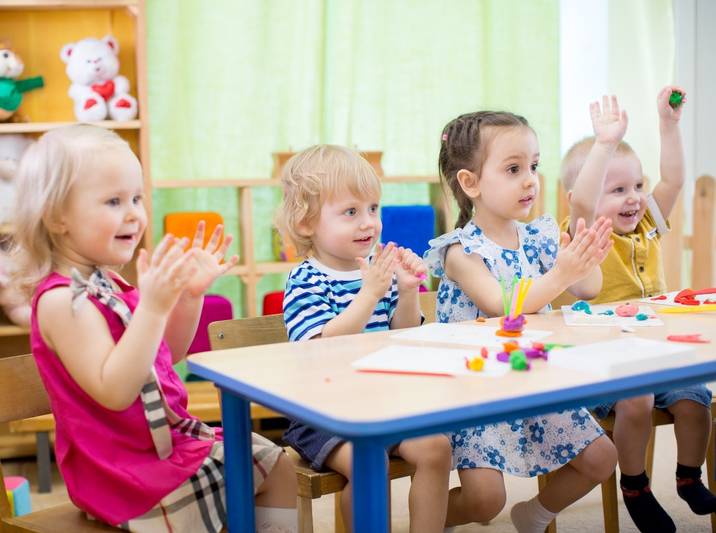Potty training a child is challenging under the best of circumstances. But if you are leaving your child at daycare most days, even more, the effort is required. A team effort is required, but it is very much achievable. And if the child is surrounded by others who are not using diapers at daycare, it may motivate them to get potty trained quicker.
The best thing that parents can do is have a conversation with their daycare provider to come up with a process that will work. It is best to have a consistent approach because anything that is done differently at home or at daycare will only confuse the child.
Parents and Child Care Providers Must Work Together. But How?
Consistency
The most crucial aspect of potty training at daycare is consistency. Why? Because you want your child to get into a routine. Ask them what type of toilet is used at the daycare. Sometimes there are smaller toilets that are suitable for young children, but other daycares will use a child seat on an adult toilet. In an ideal world, you would want an identical setup at home so the child is engaging in the same steps while using the bathroom at home and at daycare.
Naptime
Every parent must make their own decision about whether their child should wear a diaper during nap time at the daycare. When a child is potty training, accidents can happen, especially during nap time.
Practical Outfits
We can understand why parents put their kids in complicated and unusual outfits because they often look so cute in those get ups. But if you are sending your child to daycare, and they are in the process of being potty trained, you want clothes that are easy to take off. Bodysuits and overalls are not ideal at all. Go with something practical that can be taken off very quickly in the event your child needs to use the bathroom at daycare.
Rewards and Penalties
What happens when your child successfully goes at daycare or at home? Do they get a reward? And what is the consequence if they have an accident? Simple rewards like stickers are effective when a child does something good – and this is no exception. And parents are encouraged to limit consequences even if their child has an accident. Getting excessively angry is only going to make your child more nervous, which prolongs the training process.
